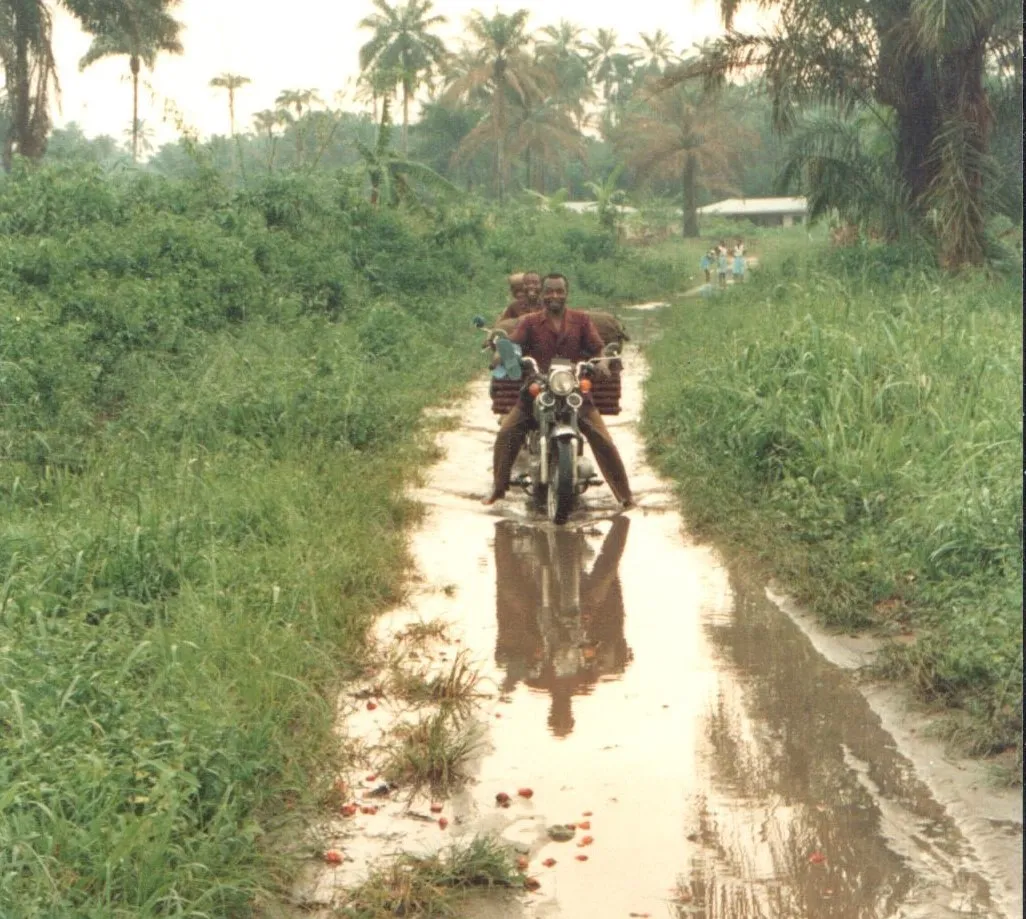
A partnership programme administered by the World Bank is aiming to cut road deaths worldwide. The Global Road Safety Facility (GRSF) is a global multi-donor fund aimed at helping governments develop road safety management capacity and scale up road safety delivery in low- and middle-income countries (LMICs).
As part of an agreement with the Global Road Safety Facility (GRSF), Total Foundation says it will be supporting the African Road Safety Observatory by helping to implement a range of training programs targeting different local stakeholders.
The project is intended to help countries like Cameroon, Kenya, Nigeria and Uganda analyse available data to identify issues and deliver road safety strategies.
This is an important move and according to the Total Foundation, According to the World Health Organization’s latest report, Africa remains the region with the highest road-accident fatality rate in the world. Road crashes are the number one cause of death among young people aged 5-29.
The African Road Safety Observatory (ARSO) was established in 2018 as part of the projects supported by the FIA High Level Panel, whose members include Patrick Pouyanné, Chairman and Chief Executive Officer of Total.
The Observatory’s mission is to encourage a coordinated effort on the part of African countries to ensure greater road safety. In particular, it aims to collect, analyse and share data to provide a better understanding of the risk factors and to develop effective solutions for reducing the number of accidents across the continent.
Training programmes offered by the GRSF will aim to improve the understanding of the challenges faced, as well as strengthen the skills and commitment of all stakeholders, to support the use of data collection and analysis tools on the ground. The goal is to enable decision-making based on reliable information, while fostering collaboration across the continent.
According to the GRSF, this is a key issue to be tackled. Africa’s losses and suffering from road crashes are more serious than for any other continent. In Africa there are over 26 road death/100,000 people/year. This compares with a global average of 18/100,000. The world’s best performing countries have less than 3 deaths/100,000. This is not only a human and social disaster, it also slows down economic growth in African countries.






